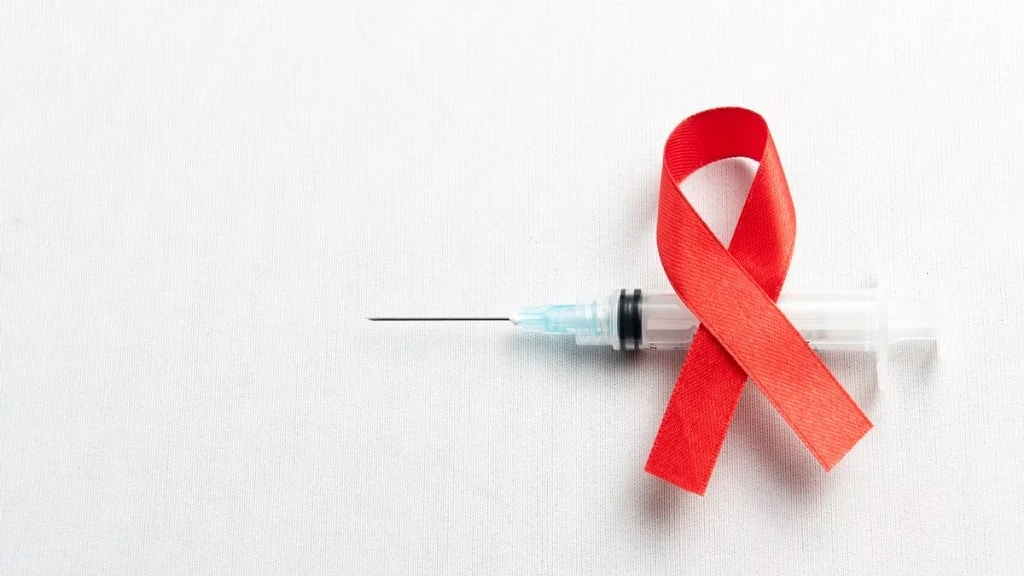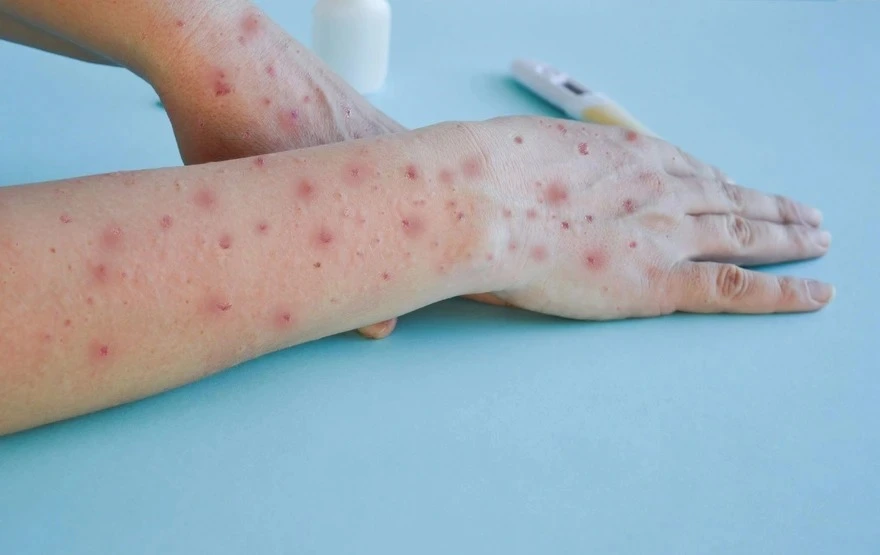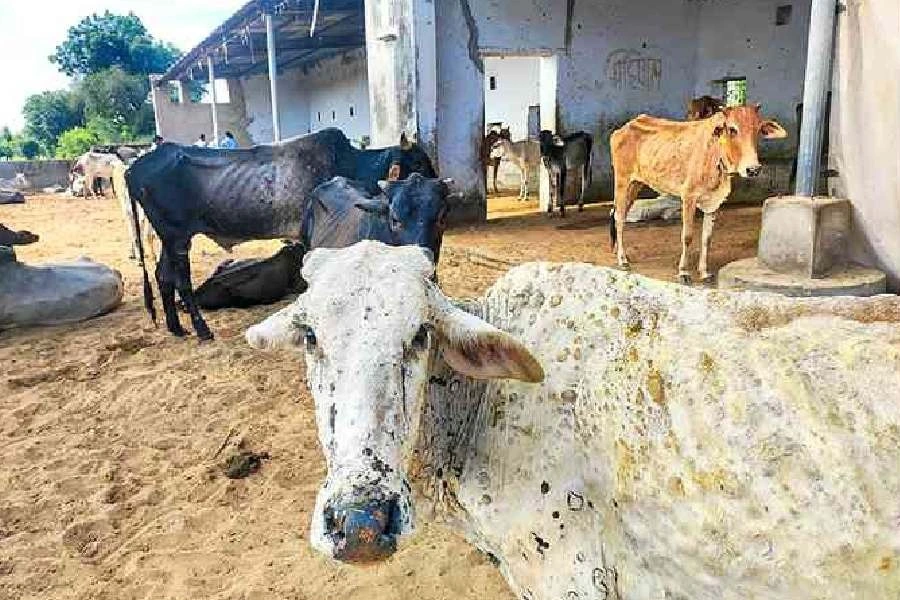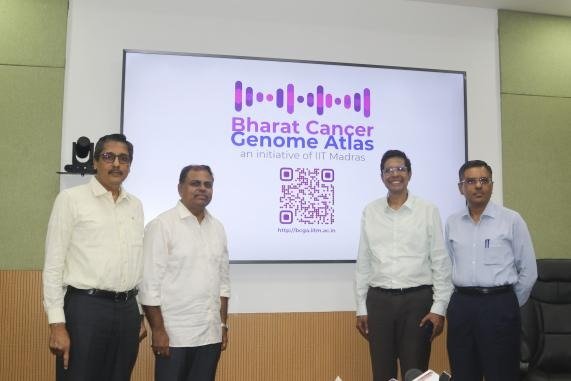Ahmedabad Hospitals to Suspend Cashless Facilities for Three Insurers
The Ahmedabad Hospitals and Nursing Homes Association (AHNA) has announced that its members will indefinitely suspend cashless facilities for policyholders of Star Health & Allied Insurance, Care Health Insurance, and Tata AIG Health Insurance starting April 2. In a statement, AHNA cited prolonged and unresolved grievances from both patients and hospitals regarding alleged unfair practices by these insurers. Key Issues Raised by AHNA: Unjustified claim deductions Unwarranted claim rejections Unexplained delisting of hospitals from insurer networks Despite multiple discussions and assurances from the insurers, AHNA claimed that the issues remain unresolved, leading to this decision. The association emphasized that these practices are unfair and go against principles of fairness and natural justice. Alternatives for Affected Patients AHNA is exploring financial tie-ups to offer alternative cashless payment solutions, though these may not apply to Star Health patients. AHNA stated: “We have made every effort to resolve these issues amicably. However, insurers have failed to reform their policies, leaving us with no choice but to take this firm stand to protect both our patients and our member hospitals.” Response from Insurers Star Health Insurance: “As India’s leading health insurer, we are committed to providing affordable and customer-centric healthcare. The health insurance sector adheres to stringent IRDAI regulations, whereas the hospital industry lacks similar oversight, leading to challenges.” Tata AIG Health Insurance: “We remain committed to ethical healthcare partnerships and customer-centric services. We are actively working with stakeholders to resolve the issue and ensure uninterrupted healthcare access for policyholders.” With hospitals suspending cashless facilities, patients may need to arrange alternative payment methods until a resolution is reached.
Ahmedabad Hospitals to Suspend Cashless Facilities for Three Insurers Read More »










